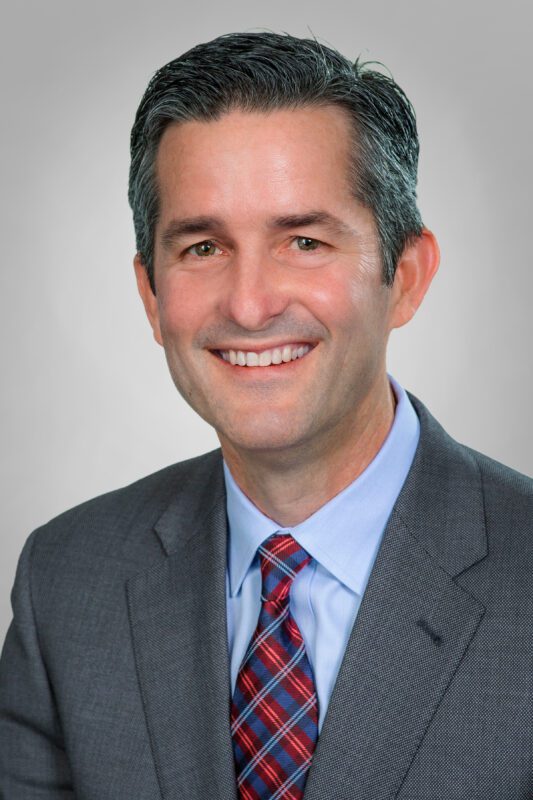
The finalists for WashingtonExec’s Chief Officer Awards were announced April 15, and we’ll be highlighting some of them until the event takes place virtually May 27.
Next is Chief Financial Officer Award finalist Jake Kennedy, who’s CFO at Amentum. Here, he talks professional achievements, shaping the next generation of leaders, learning from failures and more.
What key achievements did you have in 2019/2020?
2019 and 2020 have been incredibly productive years for Amentum. Our division was sold by AECOM and we had to establish the financial infrastructure to support the stand alone operation. Within the year, Amentum acquired Dyncorp International, and we have been busy integrating the businesses which involved standardizing policies, procedures and systems. Much of this work was accomplished during the pandemic and being flexible and resourceful was the key to our success.
What has made you successful in your current role?
Listening to the team, taking the time and energy to fully understand the details of any issue presented and making decisions based on the best information available. Also, I have been very fortunate in my career to be provided unique experiences working with passionate people whether its leading a system’s implementations, raising financing, supporting audits, standing up operations, feeling the crunch of a deadline or being involved in M&A activities. All of these experiences have helped shape my readiness for my current role.
How do you help shape the next generation of government leaders/industry leaders?
I try to emphasize the importance of creating standards for oneself. Always focusing on how the individual, the team or the organization can be better. We live in a very competitive world and things don’t always work out the way we want them to. Being able to accept those failures and successes in a professional manner is key. Humans have a tendency to rationalize away their failures, but most often those failures are due to gaps in areas that one controls. Sometimes, the winner is simply better.
I also believe our future leaders need to be more empathetic. Step back, think about the impact to others and be sensitive to how your reaction will affect others. Life is short, follow the golden rule and think about how you will be remembered.
What’s one key thing you learned from a failure you had?
After college about 6 months into my audit career, I received my first evaluation. My evaluation stated that I had a “developmental need” when it came to communication. I was very surprised by the feedback because I knew I had areas that I needed to improve, but communication was not one of them. I thought I was a decent storyteller and people understood what I was saying. But the more I thought I about it, I realized that perhaps I should approach business communication differently.
From that point forward, I have prepared for presentations, thinking how to best convey the message, what I want the listener to discern and know my talking points. I reflect back on those early days, and I think I have come along way in improving my business communication skills. It takes practice and experience.
What’s the biggest professional risk you’ve ever taken?
I worked for a large publicly traded company and enjoyed the relative stability that comes from being a mid-level manager in a large, diverse company. I was offered to take a leadership role in smaller company that was owned by a private equity firm. At the time of the offer, I had a young family and risk taking was the farthest thing from my mind. Taking a job for a company owned by a private equity firm meant that in all likelihood the company would be sold in a few years and there was a chance that I would be out of work at that time.
I ended up taking the position with the smaller firm and learned much about the business and felt responsible for many of the key decisions of the company. As expected, the business was sold within a couple of years and I realized that I had to scramble to find a new position, but the experience from those couple years provided me with new opportunities that I would not have had otherwise and led me to where I am today.
What’s your best career advice for those who want to follow in your footsteps?
I believe first and foremost, one needs to believe and trust in themselves. I tell myself that all problems are solvable, but one must take the time to understand fully the issue at hand, weigh the options, execute those options and be accountable to deliver.
Secondly, I know it sounds cliché, but building trusting relationships to the point one feels comfortable sharing ideas, concerns and successes within your network. It is amazing how much easier work gets when one has a network of allies.
Finally, I think it is really important to continue learning whether it is going back to school, obtaining a certification, volunteering for a project or a cause, getting exposed to a variety of technical and nontechnical areas makes one a more rounded employee, plus learning can be very rewarding.

